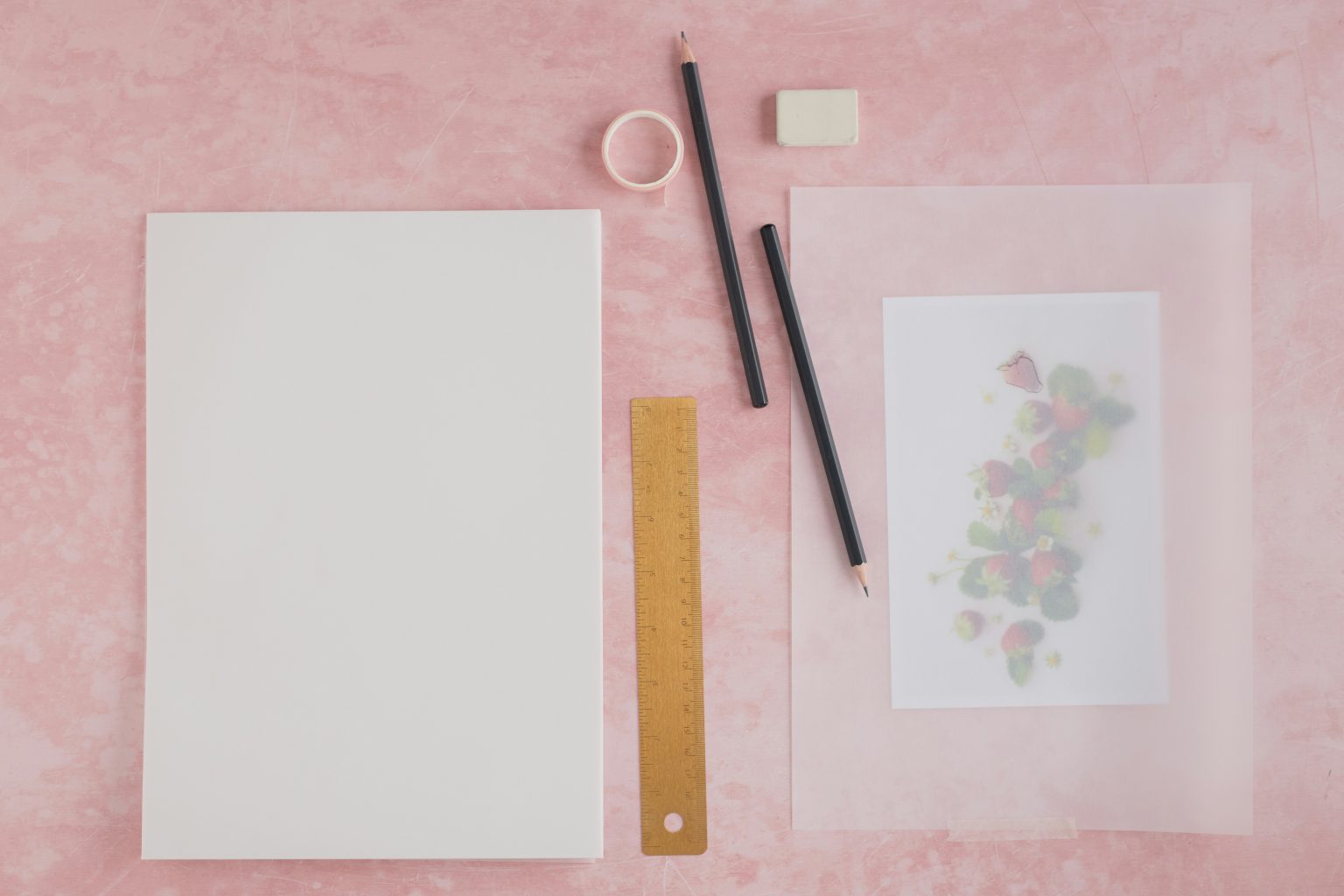Writing school papers can be stressful. The clock is ticking, the stack of sources is looming, and the cursor is blinking on a blank screen as if mocking your half-baked ideas. The more you think about it, the more stress you feel. However, insights from Harley Wade, a professional writer from StateOfWriting, indicate that pursuing your hobbies can help you manage the stress associated with paper writing.
Harley Wade’s Insights on Stress Reduction
Harley Wade’s observations on the transformative value of non-academic activity, especially hobbies, show that hobbies offer a much-needed mental break, allowing the brain to reset and return to academic work refreshed and invigorated. Reducing academic stress is not just about stepping away from academic work or outsourcing it to UK-based professional essay writers; it’s about doing something satisfying, preferably something totally different from the work that causes stress.
The Psychological Benefits of Hobbies
Hobbies stimulate different brain regions, which aren’t typically used during research or writing, and therefore, keeping the same side of your brain occupied will help keep a balance between your mental life and work. In addition, the work you produce during a hobby can distract you from immediate stressors and stimulate the production of endorphins, nature’s pain reliever. Hobbies can also enhance a sense of self-efficacy – control over what we do with our time and what we get out of it, which is typically the opposite of feeling out of control in the face of academic deadlines. Speaking of the latter, if you need some help from a writer, researcher, or presentation creator, contact StateOfWriting. They have a big selection of experts who can help with any project.
Practical Hobby Integration
Wade recommends several practical measures that students can take to make their interests part of their study routine:
- Planned Hobby Breaks: The key to restoring focus during prolonged periods of writing is to ensure that you obtain a little personal satisfaction each time you sit down to write. Set a timer for a five or 10-minute break, and use that time to practice an enjoyable activity of your choice.
- Physical Activities: Hobbies that can help reduce physical fatigue resulting from spending too much time hunched over a desk. Any low-impact physical activity will do, such as yoga, cycling, or stretching.
- Creative Outlets: If you’re preparing for exams, take some time out to draw, play an instrument, or knit. Doing so can help you to shift your mindset away from academic pressures and allow your creativity to flow.
- Social Interactions: Whether it’s a group activity like Spanish class, learning to play the drums, or a team sport such as volleyball, hobbies can serve as a source of social interaction, something that’s often missing when students are studying intensely. These interactions may offer emotional support and ease the sense of isolation and academic pressure.
Student Reactions and Implementations
People who have tried hobbies to relieve academic stress say they feel less daunted by their writing and more empowered regarding their work. They also report writing better and procrastinating less, which they credit to the clarity of mind they gain through their hobbies.
Wade’s observations are supported by plenty of case examples. One student stuck during thesis writing reported that after she took up knitting, it brought her a certain sense of accomplishment in the weeks when she felt her writing was going nowhere. This emotional boost helped her maintain her overall motivation. The repetitive, rhythmic movements of knitting also served as a meditative-like distraction that reduced her anxiety.
Turning the Page on Stress
Overall, Harley Wade’s study brings a new and refreshing viewpoint to the role of hobbies in handling academic stress. Allowing students to recognize that their hobbies are a part of their learning and writing process will not only help them deal with stress and increase productivity but also change the way they think and feel about writing. So, next time you are staring down that article you need to write for your class, instead of bemoaning that “damned paper’, remember to pick up your guitar, your paintbrush, or whatever it is you dabble in. Allow your hobbies to create space for you to chill. You will be surprised how much more efficacy it brings into your academic experience. This is not just about getting you through your paper; it is about creating a positive mindset.



